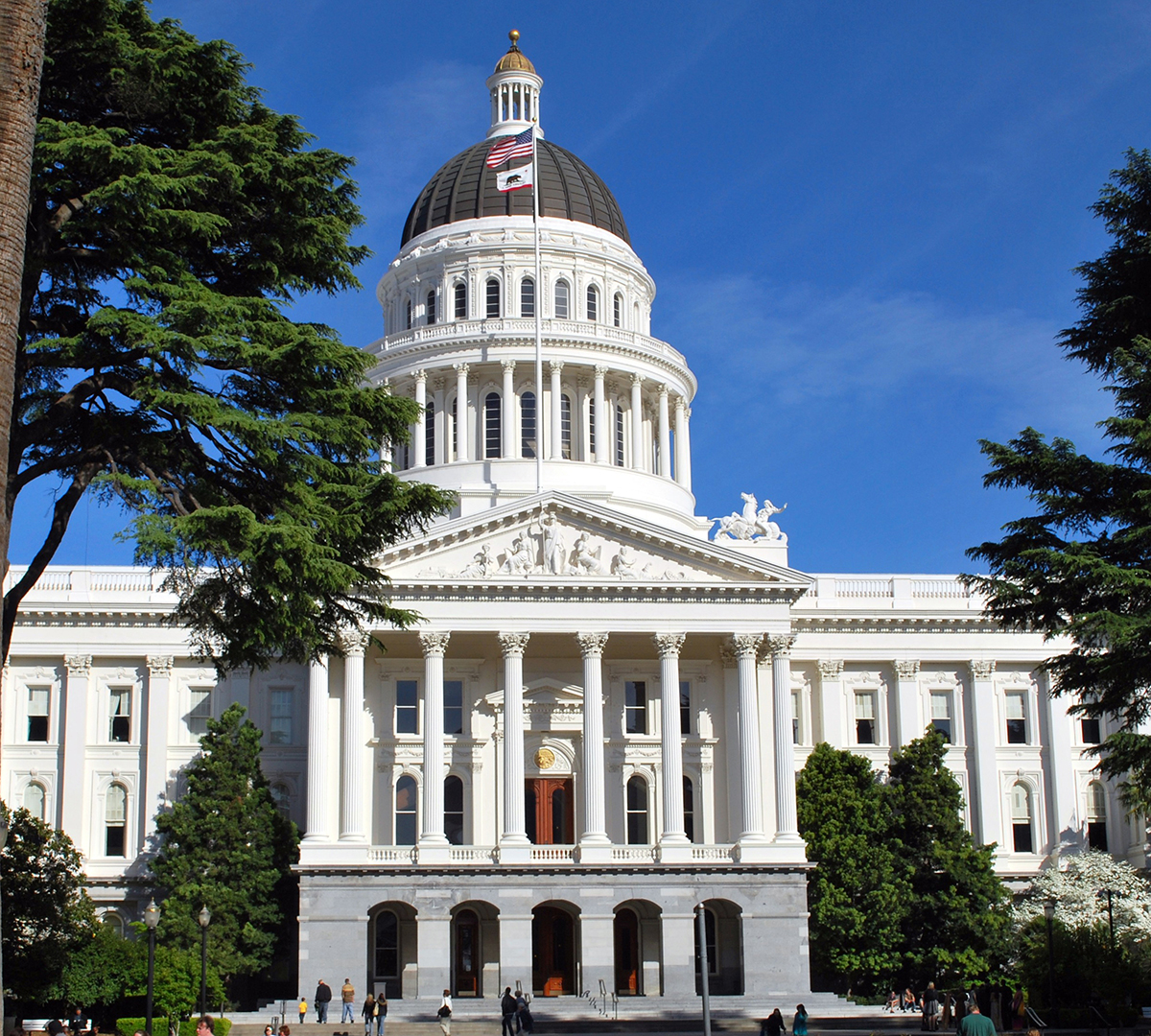California’s reputation as being one of the most difficult and expensive places to own and operate a business and create jobs has been long established.
Year after year, California ranks at the bottom in Chief Executive magazine’s listing of the best and worst states for business.
Even in a tough state for business like California, there have been some bright spots. Sacramento, for example, ranked as the top city the state on PRI’s Free Cities Index – #14 out of the 50 cities measured – for its business environment.
But if a controversial new measure is approved by voters in March, the city is poised to take a major step backwards in its reputation as a fairly good place to open and operate a business.
If passed, Sacramento’s Measure C would increase the city’s current tax on occupational professional license holders, which ranges from between $75 and $300 depending on how long the license holder has worked in the city, to $684 starting July 1. Additionally, the license holder would see their per head employee tax jump from the current $30 per worker to $68 per worker.
According to the Sacramento Bee, “close to 2,000 professional license holders in the Sacramento (would see their) business taxes more than double if voters approve Measure C on March 5.”
“The proposed tax increase would raise the maximum rate by as much as 400% or up to $125,000 a year,” the Bee notes of the city where “no Sacramento business currently pays more than $5,000 a year in taxes.”
California’s laws are especially burdensome on small entrepreneurs.
In the Institute for Justice’s annual ranking of state occupational licensing laws, California ranked 2nd worst in the nation for the number of licenses required to earn a living, and the average burden on entrepreneurs – averaging $517 in fees on entrepreneurship and 837 lost days of productivity to educational and experience requirement. 74 percent of 102 occupations surveyed required some sort of government-mandated license.
As PRI’s Dr. Wayne Winegarden wrote in the Breaking Down Barriers to Opportunity series, “not only have burdensome regulations, particularly labor regulations, added to the problem of declining entrepreneurship, many regulations, such as occupational licensing requirements, impose a particularly onerous burden on the types of businesses that low-income individuals are more likely to create.”
With the economy teetering on the edge, small entrepreneurs in Sacramento are looking for relief from burdensome regulations and high taxes. The last thing they need to be able to grow and hire more people is a massive city tax increase.
In the city’s official ballot argument, Sacramento Mayor Darrell Steinberg and the measure’s proponents contend that “this measure will modernize an outdated tax that has not been updated since 1991.”
City Councilwoman Katie Valenzuela says the city was “just simply trying to adjust for inflation so that we can better cover our cost as a city since we are in a structural deficit.”
The amount of time a policy has been in place or the fact that politicians like Valenzuela and Steinberg have overspent certainly aren’t compelling reasons to impose a crushing new tax burden on entrepreneurs small and large struggling to keep their doors open in these tough economic times.
As PRI showed in Breaking Down Barriers to Opportunity, if Sacramento wants to bring in more tax revenue, the city should focus on reducing the burdens on entrepreneurship to encourage more business creation and expansion in the city limits and create more jobs, particularly to help people living in the city’s poorest areas climb the economic ladder.
A 400 percent tax increase on entrepreneurs will send those jobs elsewhere – and the millions in the tax revenue city leaders are chasing.
Tim Anaya is the Pacific Research Institute’s vice president of marketing and communications.


